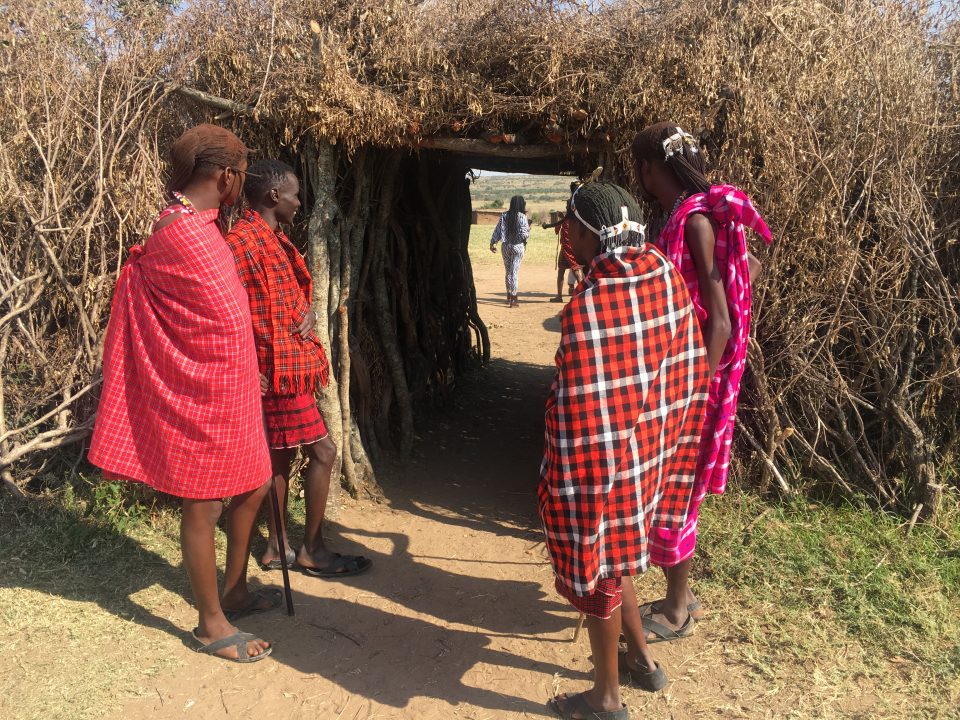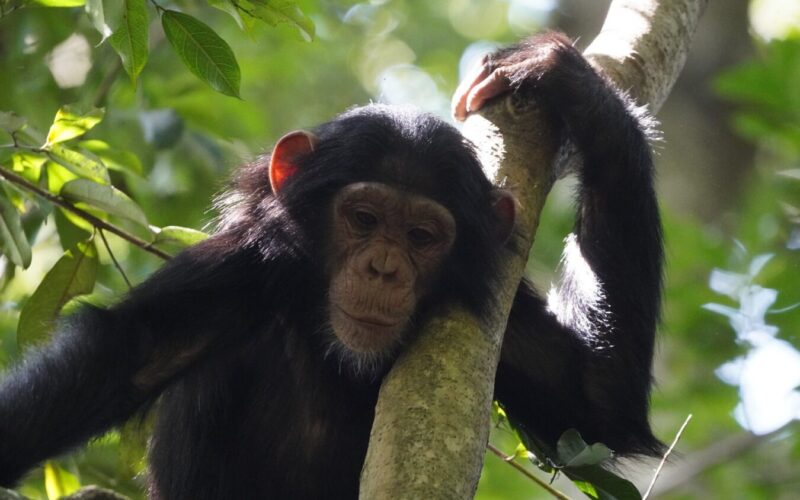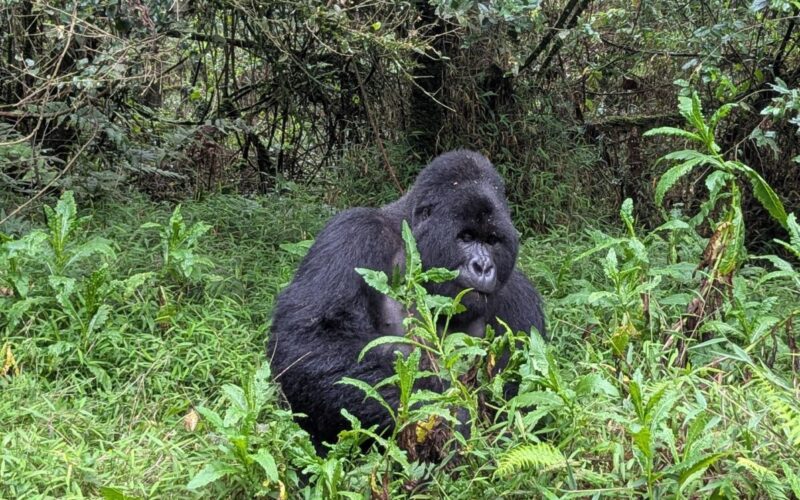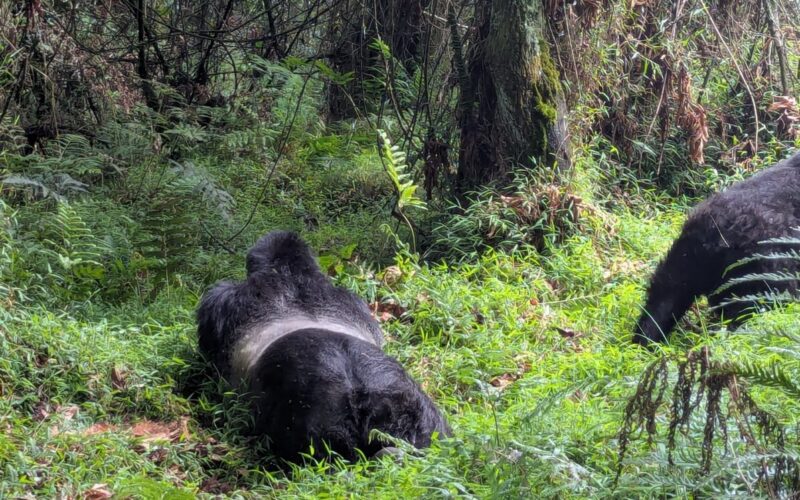
How difficult is Gorilla Trekking?
January 25, 2022
The Best Time to Visit Gorillas in Uganda
August 8, 2022What to Bring on Safari in Africa? ~ Gorilla Trekking Packing List / Deks Safaris & Tours Africa
After months of planning a safari to Africa, it is time to decide what to bring for the safari. What you take with you on an African safari is a little different than what you leave behind on other Africa trips. Driving on dirt roads with a pop-up safari car will be dirtier than expected. Due to the high-temperature fluctuations during the day, the itinerary also includes a variety of activities such as hunting trips, hiking, boating, and bush flights. That’s why you need to know exactly what to pack and what the weight of your luggage is.
- Passports, travel insurance documents, itineraries, e-tickets
These seem obvious, but we’re disappointed if we don’t mention them first. That’s why you don’t want to get confused at the airport if you forget something, so you make sure you pack them all first.
- Clothing and accessories
Safaris are usually casual so this is the best dress to pack, light and lose fitting, to keep you cool and dry quickly when it rains. So you can choose to leave an evening dress at home.
The approximate list of clothes and accessories includes:
- 2 long-sleeved shirts
- 3 or 4 shirts
- Comfortable pants.
- Lightweight raincoat
- Cotton pants
- sunglasses
- Swimwear (most camps and lodges have a swimming pool).
- Safari hat and cap
- Comfortable and durable socks and walking/hiking shoes
- Money belt
- A pair of sandals (to wear when camping)
- Warm sweater/fleece
- Lightweight cotton scarf or bandana.
- Underwear and pajamas (must be cotton to dry easily after washing)
Tip: Neutral or light colors are best for safari to Africa. Not recommended for walking safaris at all as it tends to produce white and other bright colors and is impractical. Also, make sure your clothes are cotton.
Casual but comfortable clothing. In addition to wearing neutral-colored clothing, make sure whatever clothing you bring in your suitcase makes you particularly comfortable with pants. Hiking boots are very important when hiking on a gorilla tour in Uganda or Mount Kilimanjaro in Tanzania.
Breathable T-shirts, new quick-drying fabrics, and pants that can easily be converted into shorts are also worth considering (this reduces the number of pants you have to wear). Women should also make sure they wear a sports bra as they are most comfortable when trekking in the rugged wilds of Africa.
Binoculars, camera, video – What to Bring on Safari in Africa?
Everyone will remember having a modern camera and phone with them when they go to Africa for a safari, but some think they need binoculars. Binoculars are very important, but good binoculars will make all the difference to your safari and the truth is that all you get is the best wildlife viewing experience. Make sure you buy the most expensive pair you can buy. Binoculars (minimum 8x or 10x magnification – very important for wildlife and bird watching.
And for photographers, going for safari to Africa with a camera (the type depends on the type, interests, and seriousness of the photographer) is what makes your dream come true. Africa offers not only endless fauna and birds of different sizes and shapes but also climbers, forested mountains, picturesque lights, and beautiful landscapes with a friendly and colorful population. I am blessed with it! So you shouldn’t miss this. If you don’t have a camera, buy one. You will also need the spare batteries needed for cameras, memory cards, chargers, etc.
Electronic device.
These are important because you need to interact with people in your country and take photos to preserve your safari memories. That is why the following devices are needed:
- Laptop, music, phone, iPad, or tablet
- Transformer
- Rechargeable flashlight
Make sure you use all of these tools to pack your country-specific charger and adapter plug.
Hygiene and First Aid Kit – What to Bring on Safari in Africa?
All lodges and campsites have basic first aid kits and many safari vehicles are also available. However, it is very important to wear your supplies from the basic principles of health and hygiene.
- Sun cream
- Aid for personal hygiene such as soap, conditioner, shampoo, moisturizing cream, sweat, toothbrush, toothpaste, etc.
- Healthcare product (female)
- Cream after foam
- Malaria -medicine (if necessary)
- Safety gel (to wash your hands alone if there is no water nearby)
- Contracts (using the contraceptives: must be provided)
- Pharmaceutical products (tailinol, aspirin, diarrhea, cold medicine, influence, etc.)
- bandage
In short, “medicines” or “preventive medicines” are required, so you must be on the safer side only if something occurs, such as headache, diarrhea, sore throat, combustion speed, and indigestion. Do not forget. It is important to look at it from top to bottom, but one of these is anti-malaria tablets.
Handbag
What is even more important, if you have only one element, it will be more difficult to travel, so only one element is limited. Of course, the handbag is also the second item! Hand baggage must be sized to be accepted by the airline you are using as baggage.
Make sure your camera bag has enough space to store your prescription or glasses, travel documents, clothes, and binoculars so the photographer doesn’t have to carry much. Airline rules also change regularly and need to be reviewed and noted. This means that the restrictions will continue to apply to items that can or cannot be carried by air, such as flammable materials, liquids, and sharp objects.
Opportunity and end – What to Bring on Safari in Africa?
You can pack other things, like a diary or a good travel card. Use it to keep track of your trip by writing down everything you have experienced or seen in a short period during the safari. I recommend reading a good book with an interesting book. Nobody knows if you’ll be late for an airport-to-airport call. It may be time to read a book while you wait for the next flight. Pointers (especially for bird watching), great rechargeable flashlights (all kinds of flashlights), travel maps,
Package by a purpose:
Most lodges, tour operators, and safari camps support local communities, nature reserves, and park communities. If you are interested in helping these people, you can ask the Africa safari operator if they can pack the necessary (school supplies, clothes, medicines, etc.) to provide to these communities. Do not wear clothing that could be considered “camouflage”. This means a green/brown “combat style” cloth. Whether your 13-year-old wears it, it’s your hat and it’s the latest fashion statement. In most African countries, authorities, especially the police, may ask or harass you about this type of dress code due to disproportionate phobias. To avoid this grieving problem, please do not wear such clothes.
Don’t wear or pack expensive jewelry on your safari to Africa.
Wear only what you think you usually wear, such as cheap earrings, necklaces, and wedding bands. She tries to keep it as simple as possible. If your bag is not equipped with a lock to protect your luggage, it is recommended that you use one or more locks. This fixes the zipper of the bag together.
Please note that luggage straps are a deterrent and sadly luggage can still be tampered with at the airport. Shrink wraps are also available at some airports.
10-Finally, do not forget your patience, common sense, and sense of humor
Check the time at your destination
Check online or ask your travel agency for the time at your destination. You may not need equipment for cold regions so you can reduce the amount of luggage you carry. If you go to a country where it is warm at sunset in winter, you will need a scarf, hat, gloves and a thick coat!
During the winter months of June to August, areas such as Okavango, Kruger, Linyanti, and Wanghe are very cold, literally freezing from evening to early morning. This is exaggerated due to the freezing wind I felt while looking for wildlife in an open vehicle racing game.
Time to plan your safari to Africa
Hope all of the above tips will help you know if you should wear it for a safari to Africa. You won’t regret bringing something you don’t need on your safari. If everything you pack is good, you are ready to leave for this unforgettable safari experience in Africa.










